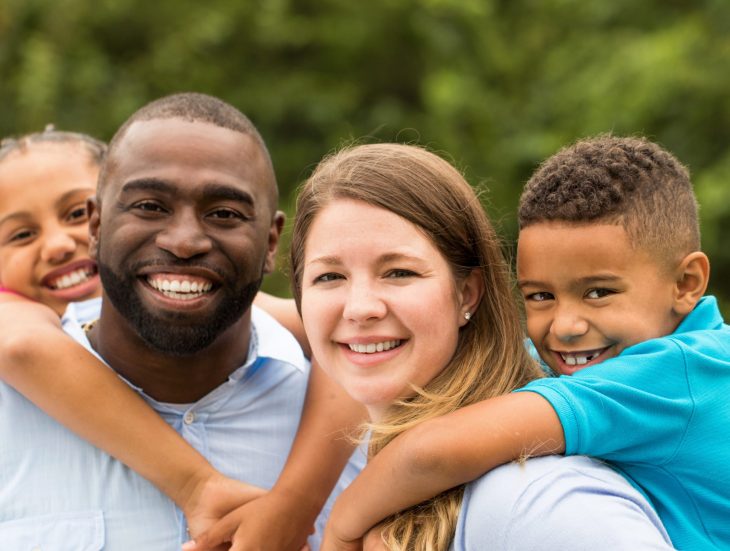Explore resources available for you and your family.
Great Prairie AEA works with families and providers to identify and address specific family concerns and priorities, as they relate to the child's overall growth and development. In addition, broader family needs and concerns can be addressed by locating other supportive/resource services in the local community for the family and/or child.
If you are concerned about physical or learning delays exhibited in a child, we have caring and compassionate staff who will guide you in the right direction.
Learn About Your Child's Development
Iowa Area Education Agencies have teams of dedicated professionals specialized in early childhood development who can help parents determine if their children are meeting age-appropriate milestones and growth objectives.
While each child grows at his or her own pace, listed below are some milestones typically met at the corresponding age:
6 months
- reaches out for a toy or cracker and brings it to mouth
- raises chest off the floor
- babbles and squeals
- rolls over
12 months
- says “mama” and “dada”
- walks with help or alone
- finger feeds self
- drinks from a cup with help
18 months
- has become a “climber”
- has a vocabulary of 6-10 words
- likes to hear a short story
- scribbles on paper using a crayon
2 years
- uses 2-word sentences
- imitates parents doing routine chores
- walks up and down stairs
- can identify body parts by pointing to them
3 years
- dresses self
- follows simple directions
- rides a pedal toy
- draws a circle
4 years
- can place objects in a line from largest to smallest
- counts one to seven objects out loud, but not always in the correct order
- continues one activity for 10 to 15 minutes
- may add “ed” to words, like “I goed to...”
5 years
- knows basic colors
- able to memorize address and phone number
- understands that books are read from left to right, top to bottom
- draws pictures that represent animals, people, and objects
Procedural Safeguards Manual for Parents Rights for Children Ages 3–21
Parents have rights, known as procedural safeguards, which apply to every aspect of the special education process. State and federal laws and regulations outline what needs to happen to ensure that children with identified disabilities and on an Individualized Education Program (IEP) receive a free appropriate public education (FAPE).
This document serves as your procedural safeguards notice and will help you understand the rights available to you and your child through federal law, the Individuals with Disabilities Education Act (IDEA), and the Iowa Administrative Rules of Special Education.

